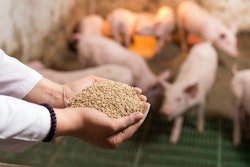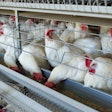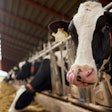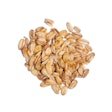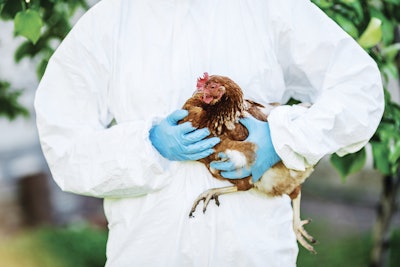
The U.S. Department of Health and Human Services (HHS) announced a “coordinated wind-down” of federally funded mRNA vaccine development projects this week in favor of “evidence-based, ethically grounded solutions – like whole virus vaccines and novel disease platforms.”
The vaccine technology – used in the COVID-19 vaccines – uses genetically engineered messenger RNA (mRNA) that helps the immune system learn to recognize, and therefore fight off, viruses.
mRNA vaccine research has been ongoing for decades, with experts praising the technologies effectiveness, as well as its adaptability for viruses like the flu, where different strains are prevalent from year to year.
However, in recent years, mRNA vaccines have become controversial, with some people, including HHS Secretary Robert F. Kennedy Jr., raising questions about long-term effects and other safety issues. Earlier this year, a social media post wrongly claimed that Trader Joe’s is selling chicken vaccinated with an mRNA vaccine against highly pathogenic avian influenza (HPAI) went viral instantly, sparking outrage online.
Although the terminated investments under the Biomedical Advanced Research and Development Authority (BARDA) were primarily aimed at human health, the decision could have long-reaching ramifications that impact poultry research and therapeutic development going forward.
Poultry industry implications
First, and perhaps most obviously, one of the biggest implications for the poultry industry is the cancellation of $776 million in funding to develop an avian flu vaccine for people earlier in 2025.
mRNA vaccines are also in development for poultry diseases, like infectious bronchitis virus (IBV). According to a recent study published in Vaccines, researchers at the University of Connecticut recently found success using an mRNA vaccine in chickens infected with IBV.
Most importantly, declining funding for any technology or innovation could have ripple effects, even if these cuts don’t directly impact poultry research yet. Researchers and organizations may already be scaling back any potential projects involving mRNA or may be switching their focus, which could leave the whole industry less prepared for the next poultry disease outbreak.





